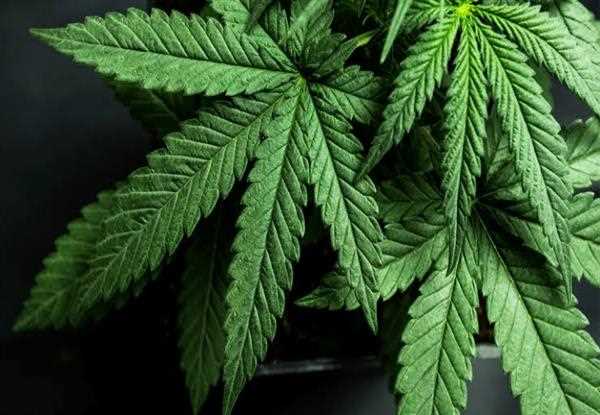 Marijuana, also known as cannabis, is illegal in India under the Narcotic Drugs and Psychotropic Substances (NDPS) Act, 1985.
The law criminalizes the possession, consumption, sale, and cultivation of
marijuana. The question of why marijuana is illegal in India despite being less harmful than cigarettes and alcohol is complex and has historical, political, and cultural dimensions.
Marijuana, also known as cannabis, is illegal in India under the Narcotic Drugs and Psychotropic Substances (NDPS) Act, 1985.
The law criminalizes the possession, consumption, sale, and cultivation of
marijuana. The question of why marijuana is illegal in India despite being less harmful than cigarettes and alcohol is complex and has historical, political, and cultural dimensions.
One of the main reasons why marijuana is illegal in India is due to its association with the West. The British colonial government in India criminalized marijuana use in the 19th century under the influence of international treaties and British social norms. This policy was continued after India gained independence, and the government continued to view marijuana as a dangerous and harmful substance. The government's stance on marijuana was also influenced by the United States' "war on drugs" policy, which had a global impact.
Another reason for the criminalization of marijuana in India is its association with certain marginalized communities. In India, marijuana use is often associated with tribal communities and lower castes. This association has led to the stigmatization and criminalization of marijuana use, leading to the marginalization of these communities.
Additionally, the criminalization of marijuana in India is influenced by cultural and religious factors. India has a long history of cannabis use, with references to the plant found in ancient texts such as the Vedas and the Atharva Veda. However, the use of marijuana for recreational purposes is not widely accepted in Indian society, and it is often associated with moral and social degradation. This cultural and religious stigma has contributed to the criminalization of marijuana use.
Furthermore, the Indian government's stance on marijuana is influenced by international drug control policies. India is a signatory to the Single Convention on Narcotic Drugs, which aims to combat drug abuse and trafficking. The convention lists marijuana as a Schedule I drug, which means that it has a high potential for abuse and has no medical use. This classification has contributed to the criminalization of marijuana use in India.
In conclusion, the criminalization of marijuana in India has historical, political, cultural, and international dimensions. Despite mounting evidence of the medical benefits of marijuana and its potential to generate revenue, the Indian government continues to view it as a dangerous and harmful substance. However, there are growing calls for the legalization of marijuana in India, as it is believed to have potential economic and medicinal benefits, and there is a need for a more nuanced approach to drug policy in the country.